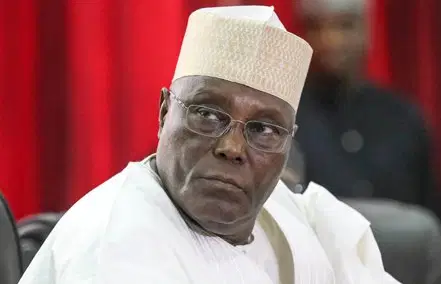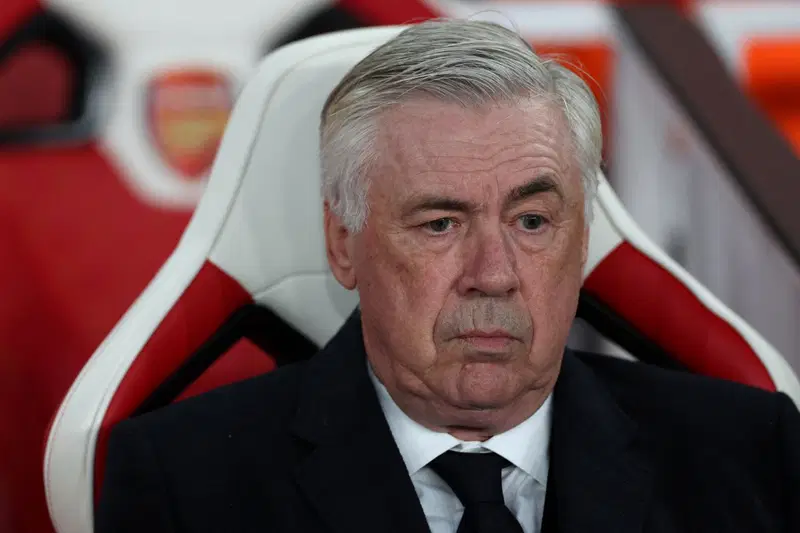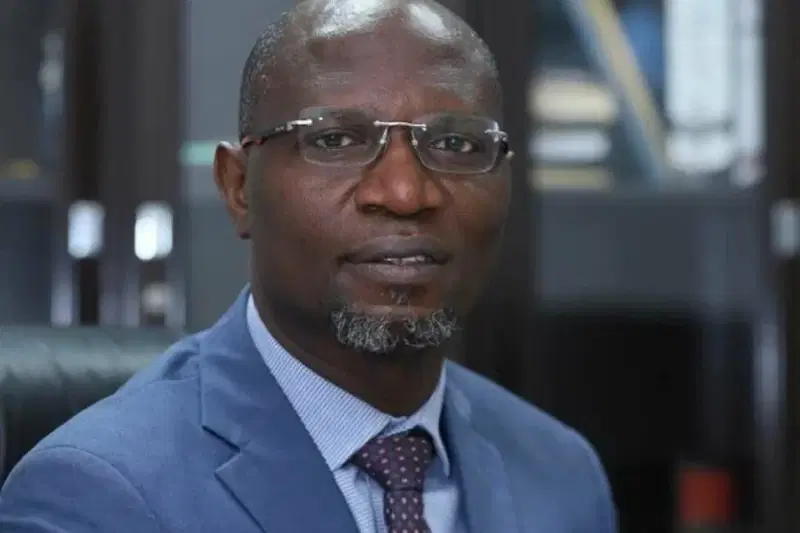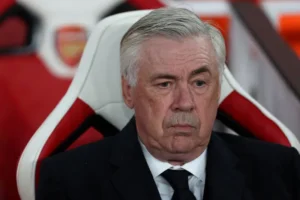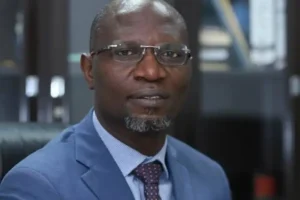The Dangote Petroleum Refinery was anticipated by many Nigerians to mark the end of petroleum importation and alleviate the issue of petroleum product scarcity in the country. Unfortunately, realizing this expectation has proven to be an uphill battle, largely due to the stance of the Nigerian National Petroleum Corporation Limited (NNPC Ltd.) regarding the refining and sale of petroleum products from the Dangote Refinery Limited.
First, NNPC Limited was reluctant to supply the crude oil needed to operate the Dangote Refinery. As a result, Dangote Refinery had to import crude oil from the United States and Brazil, which is an unprecedented event in Nigeria’s history. The refinery was also in negotiations with several African countries for crude oil importation. By September, Dangote Refinery had imported 57 shiploads of crude oil into Nigeria. It was only after the intervention of the Federal Government that NNPC Limited agreed to supply crude oil to Dangote Refinery.Second, NNPC delayed in lifting Premium Motor Spirit (PMS), or petrol, from Dangote Refinery, even after the product was ready for circulation. At that time, Dangote Refinery informed the press that it was waiting for NNPC Limited to lift the PMS for distribution in Nigeria.Third, NNPC delayed in announcing the price of PMS from Dangote Refinery. According to a representative of Dangote Refinery, only NNPC Limited can fix the price for the product, as it controls the pricing of petroleum products.
Third, NNPC delayed in announcing the price of the PMS from Dangote Refinery. According to the representative of Dangote Refinery, only NNPC Limited can fix the price for the product since it controls the pricing of petroleum products.
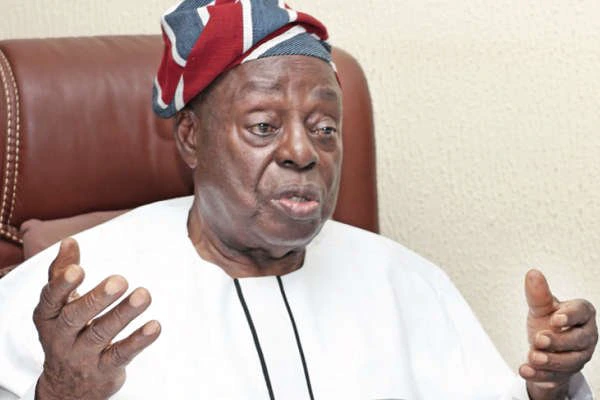
All these factors put NNPC Limited at the center of petroleum production, pricing, and distribution in Nigeria, establishing a monopoly. This hypothesis has emerged from the recent events between NNPC Ltd and Dangote Refinery over the past three months.This article aims to test this hypothesis in light of existing laws. Consequently, the provisions of the Petroleum Industry Act, 2021 will be analyzed in relation to the role that NNPC has played in the ongoing ‘NNPC-Dangote rift,’ as described by the press.To put the question into context, this article will examine whether the NNPC…
Supply crude oil to local refineries,Determine the price of petroleum products, andAct as the sole purchaser and distributor of petroleum products in Nigeria.The Petroleum Industry Act, 2021 (PIA) is the legislation that regulates and governs the Nigerian petroleum industry. It outlines the powers of the key players in the sector.The PIA empowers the Minister of Petroleum to incorporate NNPC Limited. Additionally, it prescribes the powers of NNPC Ltd, which include:
Private sector involvement in midstream and downstream petroleum operations is crucial for the implementation of the PIA’s goal to enhance participation in the Nigerian petroleum sector. The PIA grants privately owned refineries, such as the Dangote Refinery, the statutory liberty to obtain licenses or permits from the Minister of Petroleum, based on recommendations from the Nigerian Midstream and Downstream Petroleum Regulation Authority, as outlined in section 111(1) of the PIA. This licensing process is contingent upon several criteria, including:1. Meeting technical standards required for petroleum operations based on good international petroleum industry policies.2. Having facilities located on land acceptable to the Authority.3. Providing proof that the facility meets health, safety, and environmental standards as determined by the Authority.4. Ensuring efficient and economic use of facilities and pipelines.5. Demonstrating that the facility does not involve excessive capital or operating expenditures.6. Presenting decommissioning and abandonment plans along with funds to implement these plans.7. Providing for the elimination of routine natural gas flaring in its facility.8. Ensuring no conflict with existing licenses.9. Having a detailed programme for the recruitment and training of Nigerians in all phases of petroleum operations handled, including provisions for scholarship schemes, internships, and continuous professional development.These provisions aim to create a conducive environment for private sector participation while ensuring adherence to safety and operational standards.



